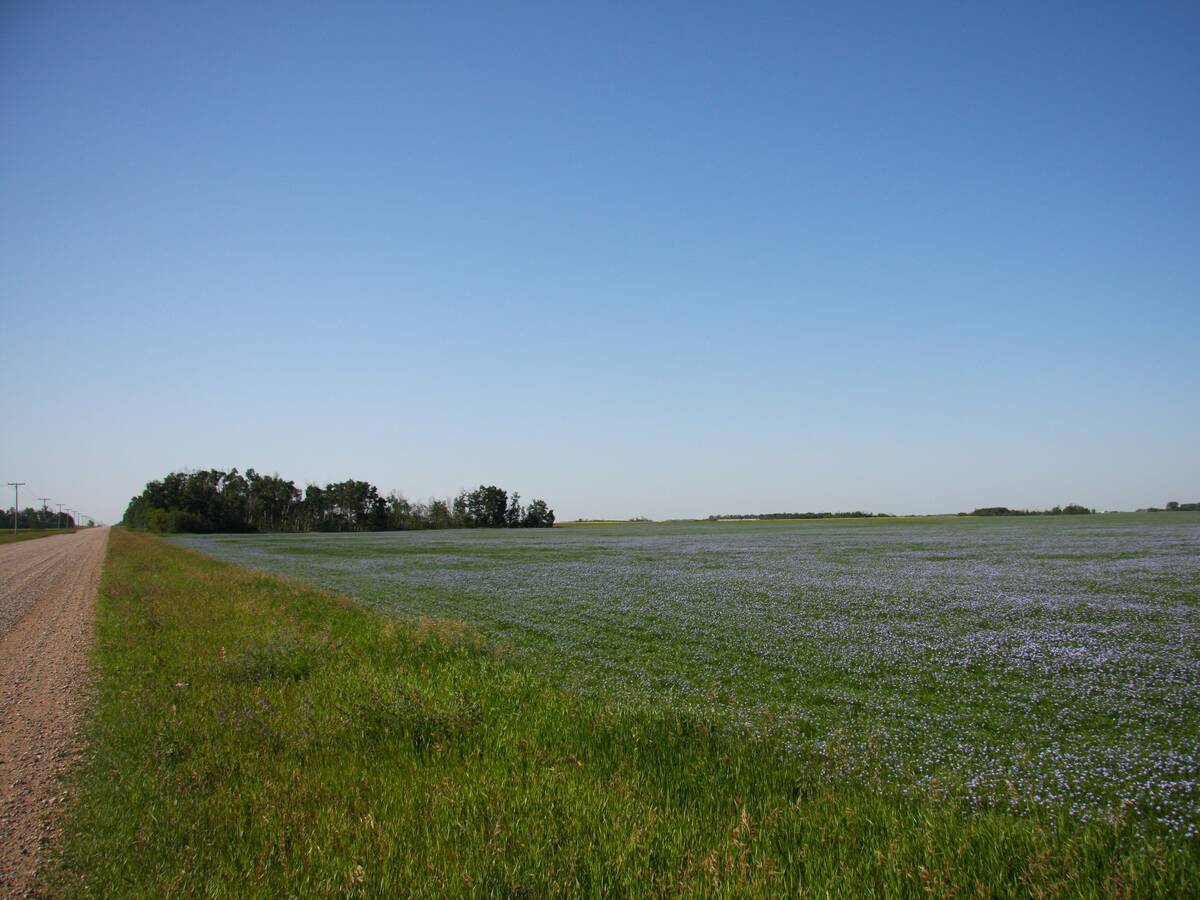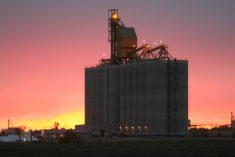Bunge will be required to divest of six grain elevators in Western Canada and invest at least $520 million in Canada
Glacier FarmMedia – Following the approval of Bunge’s acquisition of Viterra on Jan. 14, stakeholders made their voices heard in a wave of reactions to the controversial merger.
The acquisition of Regina-based Viterra by global agribusiness and food company Bunge has been in the works for some time, and the move has been met with concerns from the industry, focused mostly on the long-term impact on grain market competition.
After the acquisition was first proposed in 2023, the University of Saskatchewan launched a study to examine the potential impacts on the Canadian grain industry. Several issues were noted in the report published at the completion of the study, and many of those issues are still the primary focus of stakeholders in the industry today.
Read Also

Farmland advisory committee created in Saskatchewan
The Saskatchewan government has created the Farm Land Ownership Advisory Committee to address farmer concerns and gain feedback about the issues.
“With the lack of existing competition within the grain handling industry, further consolidation through this merger will only harm producers,” said Saskatchewan Wheat Development Commission chair Jake Leguee in a news release.
“The conditions around the approval of the merger fail to address concerns regarding competition and consolidation of grain-handling industry that producers and researchers have raised repeatedly to the government.”
Much of the concern stems from Bunge’s minority ownership stake in G3, which, along with the acquisition of Viterra’s assets, would give Bunge control of nearly half of the export capacity at the Port of Vancouver.
The nation’s largest port is a critical hub for the grain industry, with about 70 per cent of Canada’s grain exports moving through Vancouver each year.
The U of S report also estimated that the merger would cost Canadian grain producers $770 million annually in revenue due to the increased lack of competition in the market.
Bunge chief executive officer Gregory Heckman published an op-ed shortly after the report was released, denying the projected revenue loss and asserting that the move would be a positive one for the Canadian grain industry.
In his op-ed published in May 2024, Heckman said Bunge will “continue to buy the same crops as we do today and help Canadian farmers export more of their products to more places around the world, keeping Canada at the forefront of a competitive agricultural industry where success is increasingly defined by global reach.”
However, many stakeholders are still not convinced.
Grain Growers of Canada released a statement expressing frustration over the approval, calling on the federal government to impose more strict conditions on the transaction to further safeguard farmers.
“This is a missed opportunity to protect competition in Canada’s grain sector and prioritize the interests of producers who grow the food that Canada and the world rely on,” GGC executive director Kyle Larkin said in a news release.
“We are urging the government to revisit these conditions, strengthen measures to foster competition, and take meaningful steps to support Canada’s grain farmers.”
The merger approval does come with conditions. Some of them require Bunge to divest of six grain elevators in Western Canada, invest at least $520 million in Canada in the next five years and retain Viterra’s head office in Regina for at least five years.
Agricultural Producers Association of Saskatchewan president Bill Prybylski said that while he is cautiously optimistic that some producer concerns have been addressed with the conditions, he believes more can be done to support farmers and ensure a competitive marketplace.
“The government’s decision has begun to address critical issues we’ve raised, particularly around the need for enhanced competitiveness and sustainability for farmers. However, achieving real progress requires these policies to move beyond initial promises towards practical and impactful outcomes,” Prybylski said in a statement.
Canadian Federation of Agriculture president Keith Currie also voiced his frustration on the matter, adding that allowing Bunge to keep its stake in G3 raises eyebrows about fairness in the marketplace.
“We need to ensure that, at a minimum, the conditions set around this deal are being met. Our concerns from the beginning were that this deal would not be in the best interests of farmers and the fact that Bunge has maintained its minority ownership stake in G3 certainly furthers those concerns,” Currie said.
“Unfortunately, at the end of the day, it is the farmers who will pay.”
Not everyone thinks the merger is bad news.
Murad Al-Katib, president of AGT Foods, said producers still have alternatives.
“You’ve got large established alternatives like Richardson, like P&H, who did take the Dreyfus business in Canada recently. You’ve got G3 and you’ve got AGT.”
He said because companies like Archer Daniels Midland and Dreyfus weren’t as strong in the western Canadian market, that allowed the others to participate.
“That left room for players that aren’t small, like we’re all kind of in the millions of tonnes, right? So I’m still optimistic that farmers have good alternatives.”
Approval from Ottawa was one of the final hurdles for Bunge to complete the deal, which is now expected to close sometime early in 2025.















